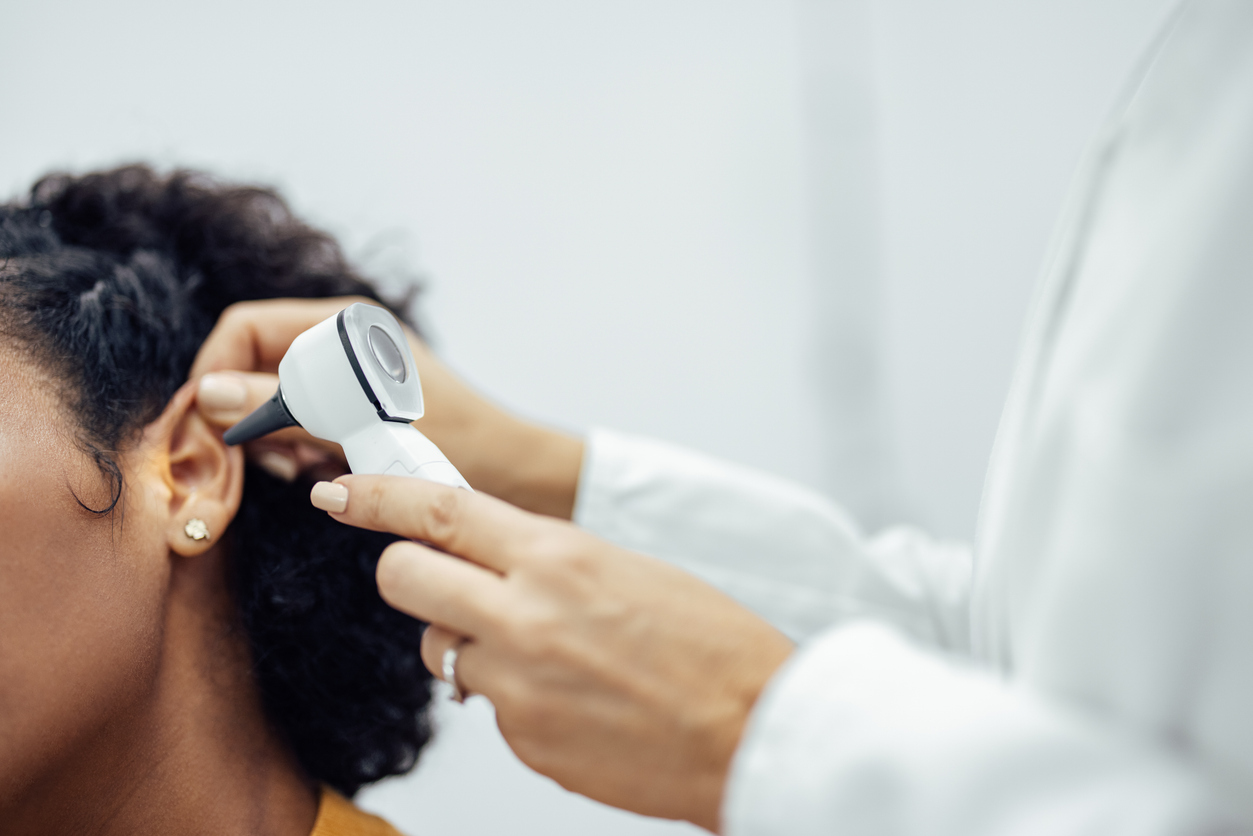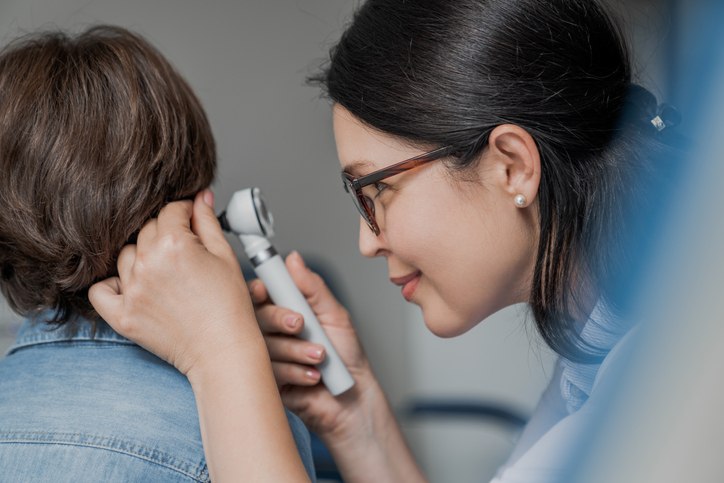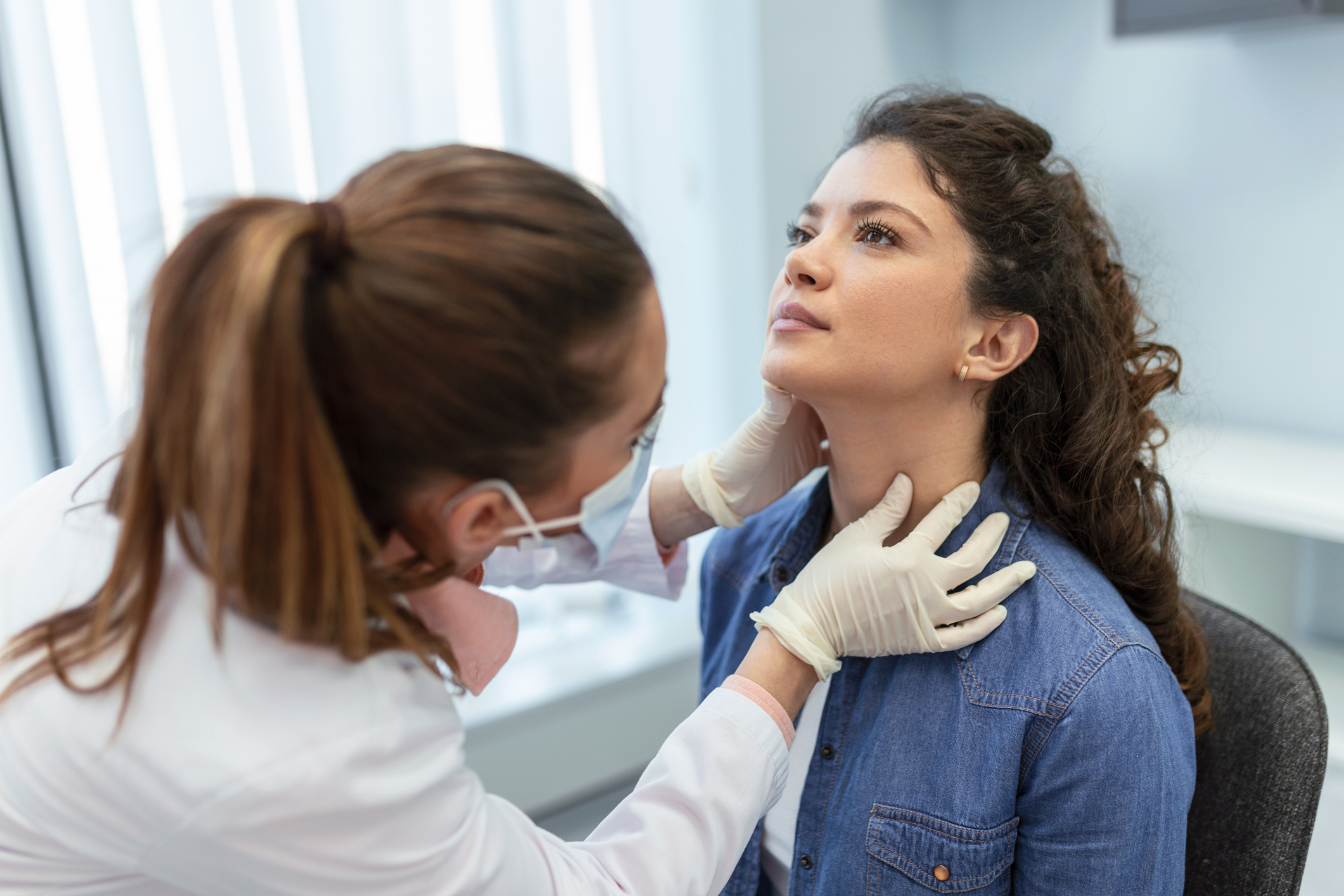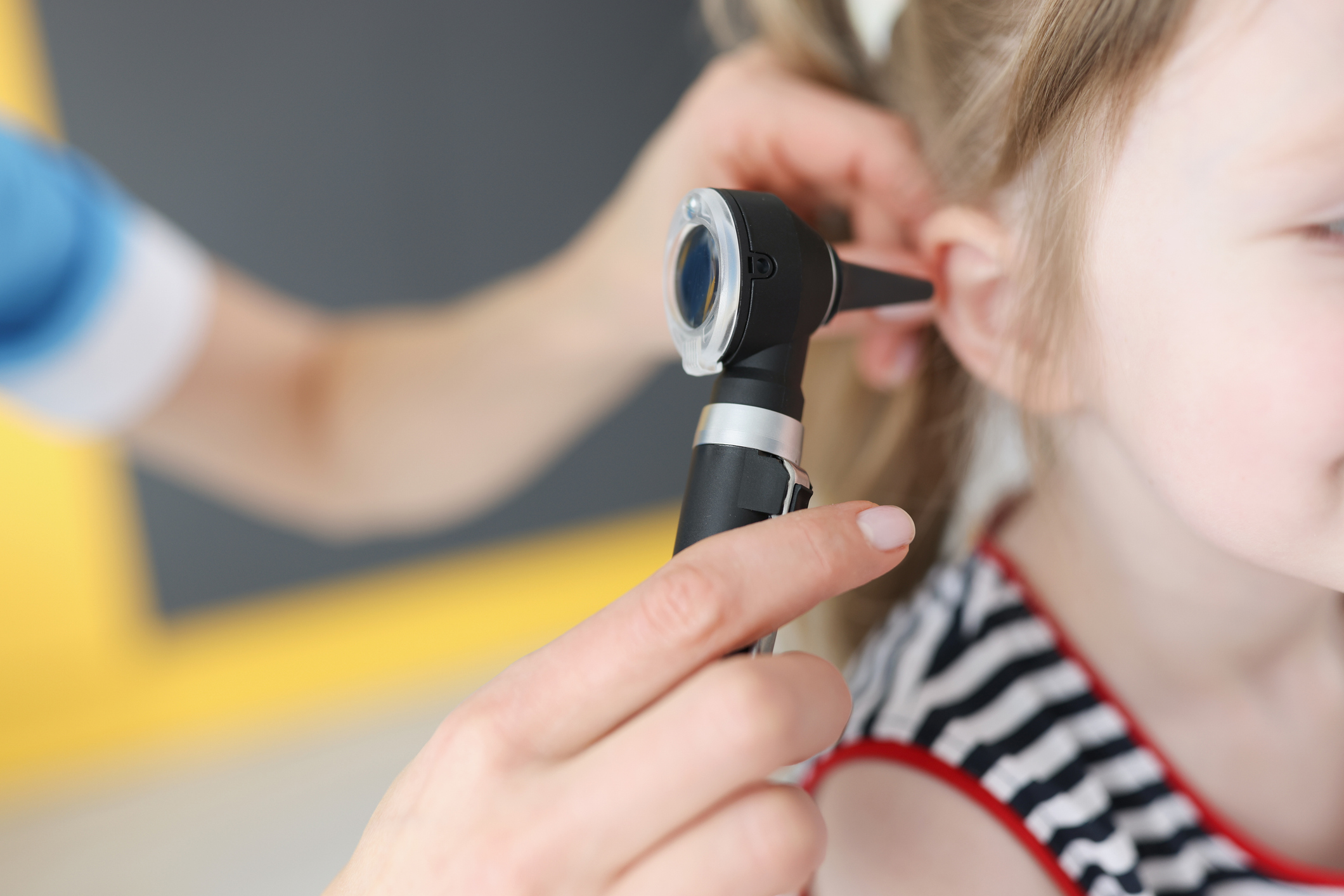April is Stress Awareness month. This has been around since 1992, with the purpose to raise awareness of the causes and cures for our modern stress epidemic. These past 2 years have been a very stressful time for most and this can create an abundance of issues to mental and physical health, so it is Important that support within the community during these challenging times continues.
Stress has an effect on your skin due to a hormone called ‘cortisol’ that is released which increases the oil production in your skin. As your pores become clogged up from this oil, spots and blackheads are formed. It is common for patients that suffer with skin conditions to have higher levels of stress. When these stress levels are decreased, the skin condition calms down. Similarly, when these stress levels increase, so does the severity of the skin condition.

If you are suffering with, Eczema, Acne, Hives, Psoriasis, Rosacea or any type of Rash then these conditions can be rapidly exacerbated when experiencing high levels of stress. When conditions like this worsen and are visible to others then this creates insecurity which then leads to a build up of more stress. This can then spiral into your mental wellbeing, creating issues like low self-esteem and anxiety. 85% of dermatology patients feel that psychosocial factors are a key factor to their skin conditions, with 17% requiring psychological support to deal with their condition. Stress is something we all experience in our life and how you handle these moments are imperative to your health and well-being.
Steps to help reduce and deal with stress:
-
Use stress management techniques like breathing exercises such as the 3-4-5 technique. Breathing in for 3 seconds, holding for 4 seconds and exhaling for 5 seconds. Yoga and Meditation are also great techniques to relive stress.
-
Ensuring enough sleep is achieved each night. The mind and brain both need time to rest and recharge each night. Without the necessary amount of sleep this cannot be achieved correctly. The National Sleep Foundation guidelines advise that healthy adults need between 7 and 9 hours of sleep per night.
-
Skincare is something that can easily be forgotten through stressful periods. A good skincare routine is crucial in taking care of your physical appearance.
-
Exercising is not only good for the skin but can also help to reduce stress levels.
-
Monitoring your MSD’s (Micro Stress Doses). Putting tasks off each morning like snoozing an alarm clock which then leads to making you late for work or not going through your emails which leads to you missing vital pieces of information for that day will accumulate these MSD’s. This builds up less resilience throughout your day which increases stress levels.
If stress continues and acne becomes an issue, then treatments can be prescribed over the counter by your GP in the form of:
-
Topical antibiotics
-
Topical retinoids
-
Antibiotic tablets
-
Azelaic acid
-
Isotretinoin capsules
More information on Stress Awareness Month:
Information on our Dermatology services: www.healthharmonie.com/dermatology











